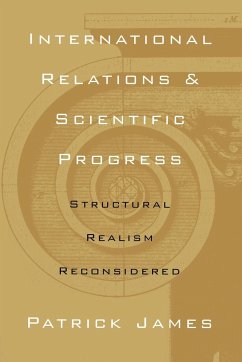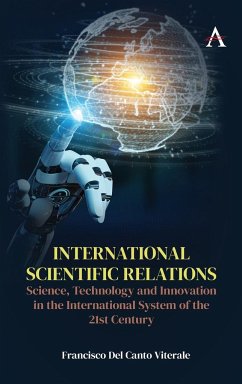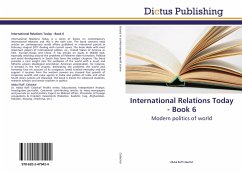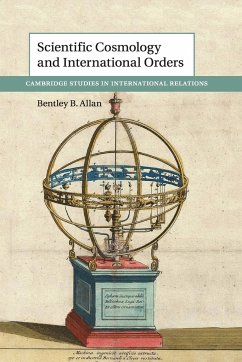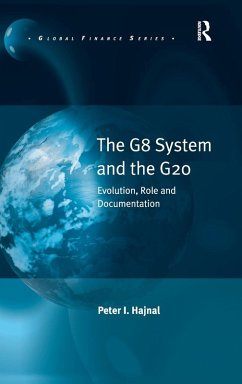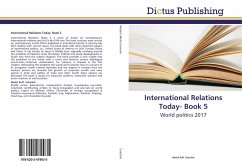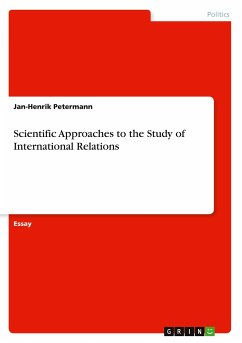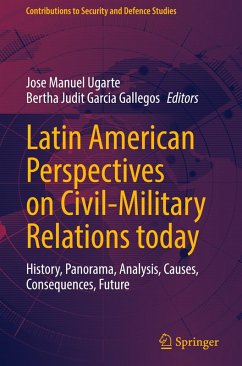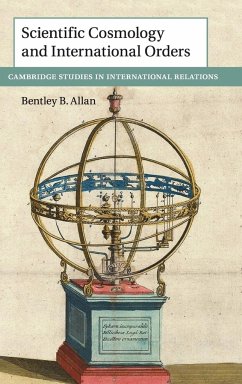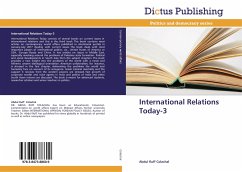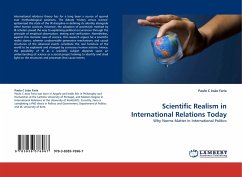
Scientific Realism in International Relations Today
Why Norms Matter in International Politics
Versandkostenfrei!
Versandfertig in 6-10 Tagen
32,99 €
inkl. MwSt.

PAYBACK Punkte
16 °P sammeln!
International relations theory has for a long been a source of quarrel over methodological positions. The debate history versus science epitomised the state of the IR discipline in defining its identity alongside other human sciences. However, the adoption of positivistic method by IR scholars paved the way to explaining political occurrences through the principle of empirical observation, testing and verification. Nonetheless, against this monistic view of science, this research argues for a scientific realist stance, wherein unobservable generative mechanisms and causal structures of the obs...
International relations theory has for a long been a source of quarrel over methodological positions. The debate history versus science epitomised the state of the IR discipline in defining its identity alongside other human sciences. However, the adoption of positivistic method by IR scholars paved the way to explaining political occurrences through the principle of empirical observation, testing and verification. Nonetheless, against this monistic view of science, this research argues for a scientific realist stance, wherein unobservable generative mechanisms and causal structures of the observed events constitute the real furniture of the world to be explained and changed by conscious human actions. Hence, the possibility of IR as a scientific subject depends upon an understanding of science as a social project looking to identify and shed light on the structures and processes that cause events.



